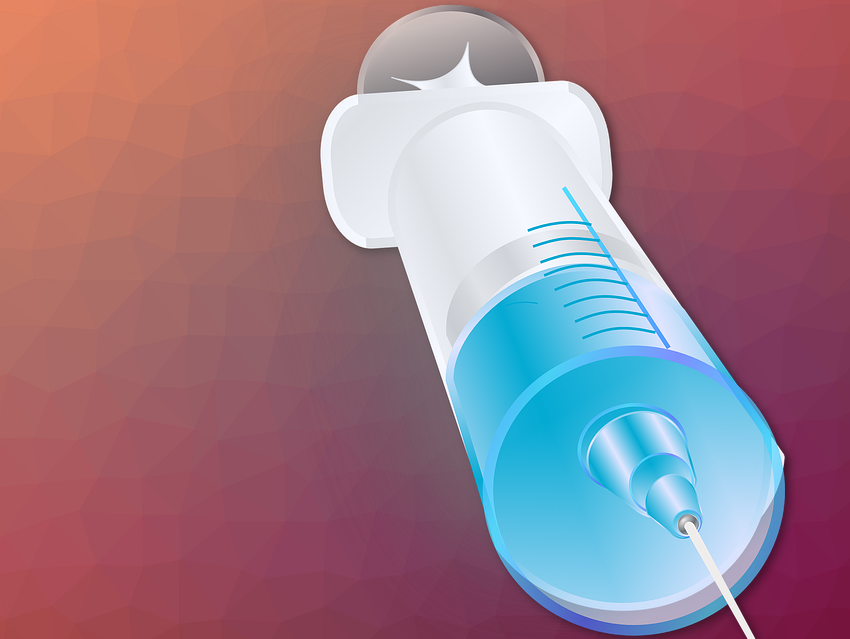The European Commission granted marketing authorization to Merck & Co., Inc, Kenilworth, NJ, USA, (known as MSD outside the US and Canada) for a vaccine against Ebola. The vaccine Ervebo (rVSV-ZENOV) is already used, as part of a specific protocol similar to a clinical trial, to protect people at risk of infection, such as healthcare workers or people who have been exposed to infected persons. The vaccine protects against the Zaire species of Ebola.
This decision follows the recommendation from the European Medicines Agency (EMA), which has assessed the benefits and risks of the vaccine. It also follows the announcement of a clinical trial for a second Ebola vaccine regimen (Ad26.ZEBOV, MVA-BN-Filo) by Johnson & Johnson, New Brunswick, NJ, USA, that is now underway in the Democratic Republic of Congo, with the support of the EU’s research and innovation program Horizon 2020.
Such a decision is issued by the European Commission normally within 67 days (legal deadline) of the scientific opinion of EMA. This phase includes, among other things, the translation of the product guidelines in all EU languages. In view of the public health interest, the European Commission has authorized the medicine in less than a month. Ervebo is currently under Priority Review with the U.S. Food and Drug Administration (FDA) with a target action date of March 14, 2020.
Ebola is a rare but severe illness caused by a virus of the same name. Death rates have varied from 25 to 90 % in past outbreaks. The largest outbreak to date occurred in West Africa in 2014—2016 with more than 11,000 deaths. The current outbreak in the Democratic Republic of Congo, caused by Ebola Zaire, has shown case fatality rates of approximately 67 %. More than 3,000 people have been infected with the Ebola virus during the ongoing outbreak.
The Ebola virus causes hemorrhagic fever and is transmitted to people from wild animals and spreads further through human-to-human transmission through direct contact with body fluids. Beyond the human suffering and loss of life, the disease has a devastating impact on the security, economies, and healthcare systems of the affected regions.
Ervebo (rVSV-ZENOV) consists of a vesicular stomatitis virus (VSV) that infects animals and causes flu-like illness in humans. The VSV has been genetically modified to contain a protein from the Zaire Ebola virus. By this, it promotes an immune response to the Ebola virus. It is still unclear, how long the vaccine’s protection lasts. The vaccine was first patented in 2003 and was originally licensed to NewLink Genetics, Ames, Iowa, USA. During 2014, Merck acquired the rights to develop V920 and conducted a clinical trial in Guinea. Additional research is needed also to develop improved vaccines that offer longer-lasting immunity and target more than one species of Ebola.
- European Commission, Brussels, Belgium
- Merck & Co., Inc., Kenilworth, HJ, USA




